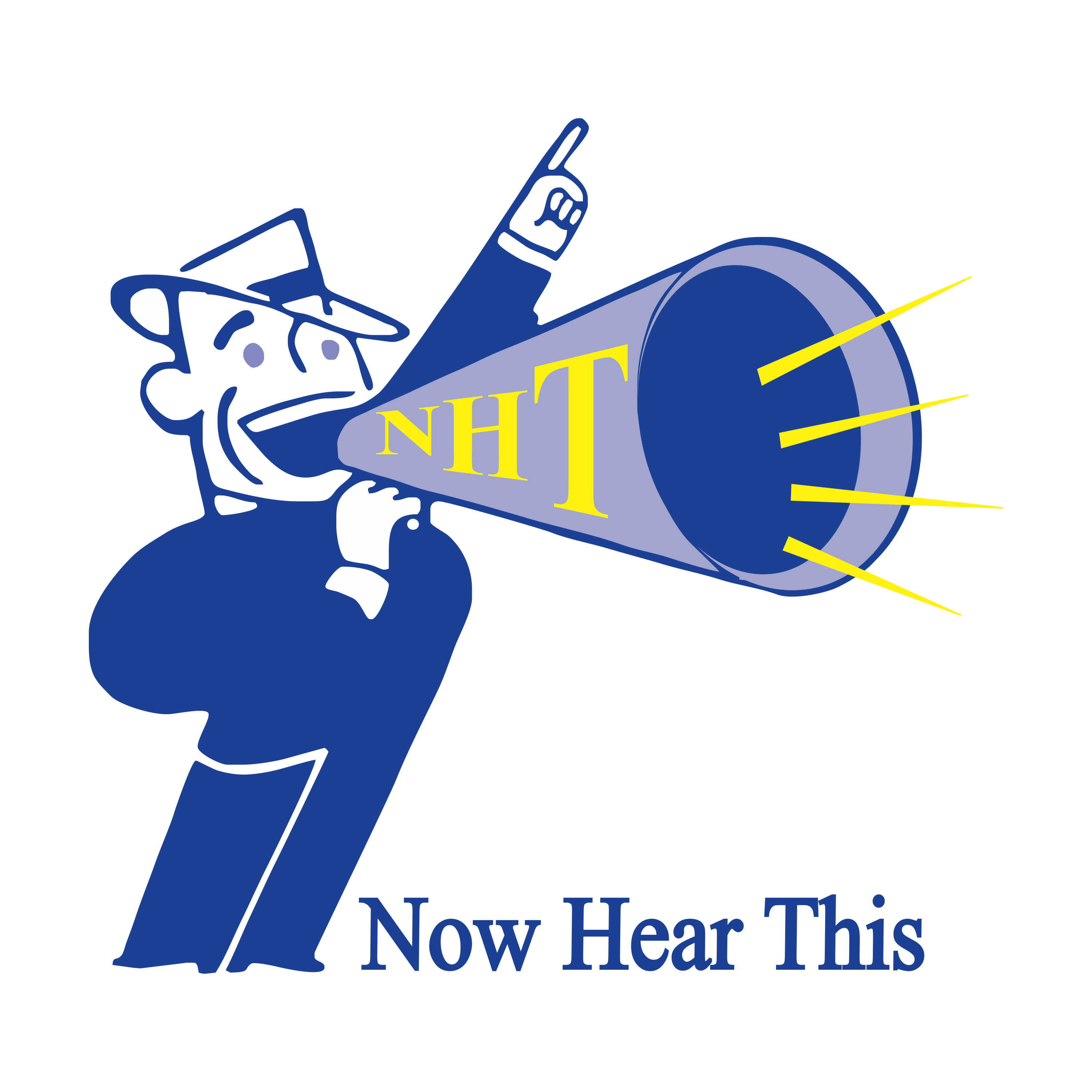 Back when Spotify announced that they were bringing Joe Rogan exclusively to their platform, it was a celebratory moment for the parties involved. But fast forward to the recent events between the two and the honeymoon clearly is over.
Back when Spotify announced that they were bringing Joe Rogan exclusively to their platform, it was a celebratory moment for the parties involved. But fast forward to the recent events between the two and the honeymoon clearly is over.
We have seen Neil Young and Joni Mitchell, among others, take the “His podcast or my music” stand, meaning that they’d pull their catalog from Spotify if the streaming service didn’t give Rogan the boot for misinformation that the music legends felt the host was disseminating about the virus that has not only affected people medically but emotionally in a political sense.
For an indie musician, the thinking might be, “Oh well, this doesn’t affect me. If anything, it’s that many less people on Spotify for my music to compete against,” since it wasn’t only Young and Mitchell who said they’d have their music pulled down.
But that’s the wrong view to have because this is actually an opportunity to make sure that your virtual music house is in order.
Never mind that if people ARE looking for your music on Spotify, you really want to have your artist bio complete on there – an offense I see committed more often than you’d think.
Take a step back and ask, “If people don’t go to Spotify looking for Neil Young’s or Joni Mitchell’s or anyone else’s music, for that matter, where will they go?” The lesson here is that a lot of people might think, “Hmm, I’m not sure. Let me start at the artist’s website and go from there.”
| Related posts: |
| 7 Reasons Why not Answering Someone is Bad |
| Turn a Cancelation Into Opportunity |
| It's the First Day of Your Year-Long Success Story |
And this, my friends, is why your website is so important.
NOT because you should see how many links to other platforms you can load onto your homepage, but because you can control what’s on your site – and not have to compete against countless other artists as you do on Spotify.
So, as fundamental as it sounds, make sure you have your music on your website in more ways than one. Meaning:
• Have an audio player where people can stream a song or two or three (or at least parts of them)
• Have both a video of yours embedded there, as well as a link to your YouTube channel so people can see more performances and/or official music videos
• Have music for sale, whether it’s physical units, digital downloads, or both
If you notice, when I’m interviewing artists on the weekly “Now Hear This Entertainment” podcast, I’m constantly plugging (only) the show website. I don’t tell the audience to go listen on Apple Podcasts or Spotify or iHeartRadio or SoundCloud, and so on. Sure, the show is available there, but, if they go listen there, the chance will be tremendously smaller that they’ll click over to the Blog section or the online Store or that they’ll sign up for the weekly newsletter or get direct access to the Interview Tips Course online class.
Picture someone walking into a “big box” store. They’ve made the trip there. There’s something in mind that they likely will purchase when they see it. And they obviously have some method of payment on them. It’s the same scenario when they pay a visit to your website. So, why give them a reason to go look somewhere else?
No one is saying you should pull your music from Spotify too, but wouldn’t you rather get someone into your online home and drastically improve your chances of a booking or one or more sales (with a huge percentage going into your pocket instead of the tiny fraction you get from streaming) and then maybe even get some new fans and/or social media followers out of it?
Joe Rogan’s mess could be your gain. Yes, tidy up your presence on Spotify, but get your virtual house in order. Company just might be coming over for a visit.
What aspect(s) of your indie music career need(s) tidying up? Take advantage of my 18 years managing, promoting, and booking artists from around the U.S. Book a private, one-on-one, online video consultation with me and let’s work through whatever challenges you want assistance with in a confidential setting. I look forward to keeping you moving forward with all that you’re doing in the industry.
